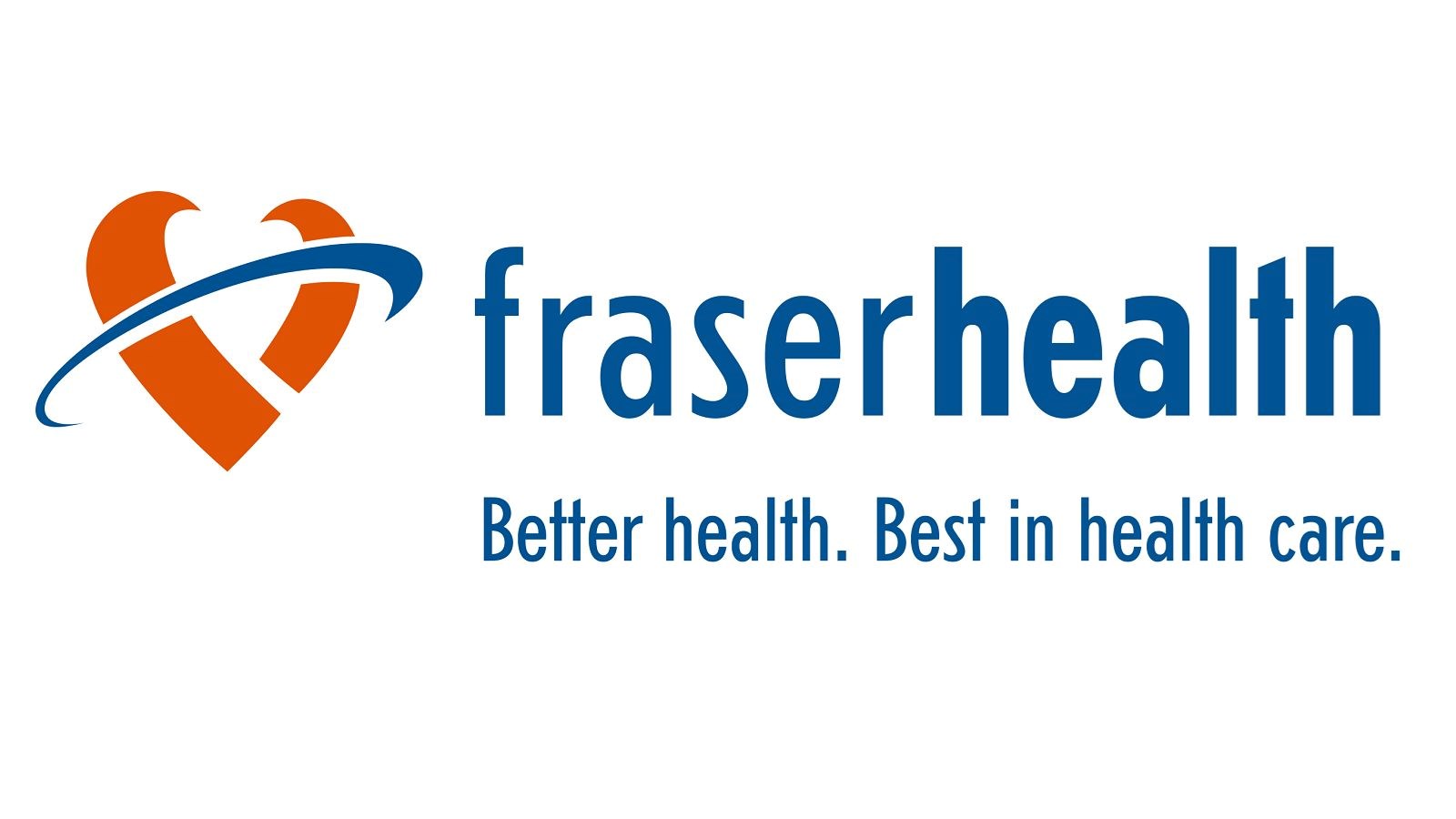H5 avian influenza advisory issued by Fraser Health

Fraser Health has issued for parents, staff and families regarding a case of avian influenza (bird flu) caused by the H5 influenza virus in the Fraser Health region – a first in B.C. and Canada.
According to Fraser Health, the case was reported Saturday, Nov. 9 as a presumptively positive test, with further testing being conducted by the National Microbiology Lab in Winnipeg to confirm the positive result.
The attached letter goes on to say this is a rare event. At this time, there is no known exposure at any school and no further cases have been identified. Public Health is following up with contacts who may have been exposed to assess for symptoms and provide guidance on testing and prevention measures.
Please below for further information – including recommended preventative measures, resources for immunization and information on protecting yourself from avian influenza – and watch for further updates from health authorities.
November 12, 2024
Dear Superintendent,
Re: H5 Avian Influenza Communication
As the Office of the Provincial Health Officer and the Ministry of Health shared on Saturday, November 9, a teenager from the Fraser Health region has tested presumptively positive for avian influenza caused by the H5 influenza virus. This is the first occurrence of avian influenza due to the H5 virus acquired by a person in B.C. and in Canada. Further testing is taking place to confirm the positive result by the National Microbiology Lab in Winnipeg.
This is a rare event. There have been a small number of human cases in the U.S. and elsewhere. Public Health is following up with contacts who may have been exposed to assess for symptoms and provide guidance on testing and prevention measures. There have been no further cases identified at this time. There is no known exposure at any school. The source of exposure is very likely to be an animal or bird and is being investigated by B.C.’s Chief Veterinarian and Public Health teams. The investigation involves Public Health teams from Fraser Health, BC Centre for Disease Control (BCCDC), the BCCDC Public Health Laboratory, BC Children’s Hospital, the Office of the Provincial Health Officer, Office of the Chief Veterinarian, Ministry of Agriculture and Food, and others.
Preventative measures
We can protect ourselves and our communities against avian influenza.
- Stay up to date on all immunizations, especially the seasonal flu vaccine.
- Petting zoo and farm visits can continue but direct physical contact with all birds (including all poultry, ducks or any other waterfowl) should be avoided at this time.
- Do not touch sick or dead animals or their droppings and do not bring sick wild animals into your home.
- Keep pets away from sick or dead animals and their feces (poo).
- Report dead or sick birds or animals.
- For poultry or livestock, contact the Canadian Food Inspection Agency (CFIA) Animal Health office:
- For pets, contact your veterinarian or call the BC Animal Health Centre: 1-800-661-9903
- For wild birds, contact the B.C. Wild Bird Mortality Line: 1-866-431-2473
- For wild mammals, contact the B.C. Wildlife Health Program: 1 (250) 751-7246.
About avian influenza
Avian influenza viruses occur naturally among wild aquatic birds and spread easily from bird to bird. While it mostly affects birds, it can affect other animals too. In B.C., H5N1 has been detected in wild birds, on poultry farms and among small wild mammals, including skunks and foxes. Influenza viruses are adaptable and can change when strains from humans or different animal species mix and exchange genetic information. Avian influenza could become more serious if the virus develops the ability to transmit from person to person, with potential for human-to-human transmission.
If you have been exposed to sick or dead birds or animals where avian influenza has been detected, watch for symptoms of influenza-like illness (see link below for more details). If you get symptoms within 10 days after exposure to sick or dead animals, tell your health care provider that you have been in contact with sick animals and are concerned about avian influenza. This will help them give you appropriate advice on testing and treatment. Stay home and away from others while you have symptoms.
Learn More:
- BCCDC information on avian influenza:
- Avian influenza: How can I protect myself?:
- HealthLinkBC information on avian influenza:
Immunizations
Remember, all students should stay up to date with their immunizations:
- All are free in British Columbia.
- Families can check their immunization records at
- If a record is missing immunizations that were received, families can submit the record to Public Health by visiting
- If more immunizations are needed, families can visit to learn how to book an appointment.
Your continued support in keeping our children and communities healthy is much appreciated.
Thank you,
Ingrid Tyler, MD, CCFP, MHSc, MEd, FRCPC
Vice President, Population Health and Chief Medical Health Officer
Fraser Health Authority


